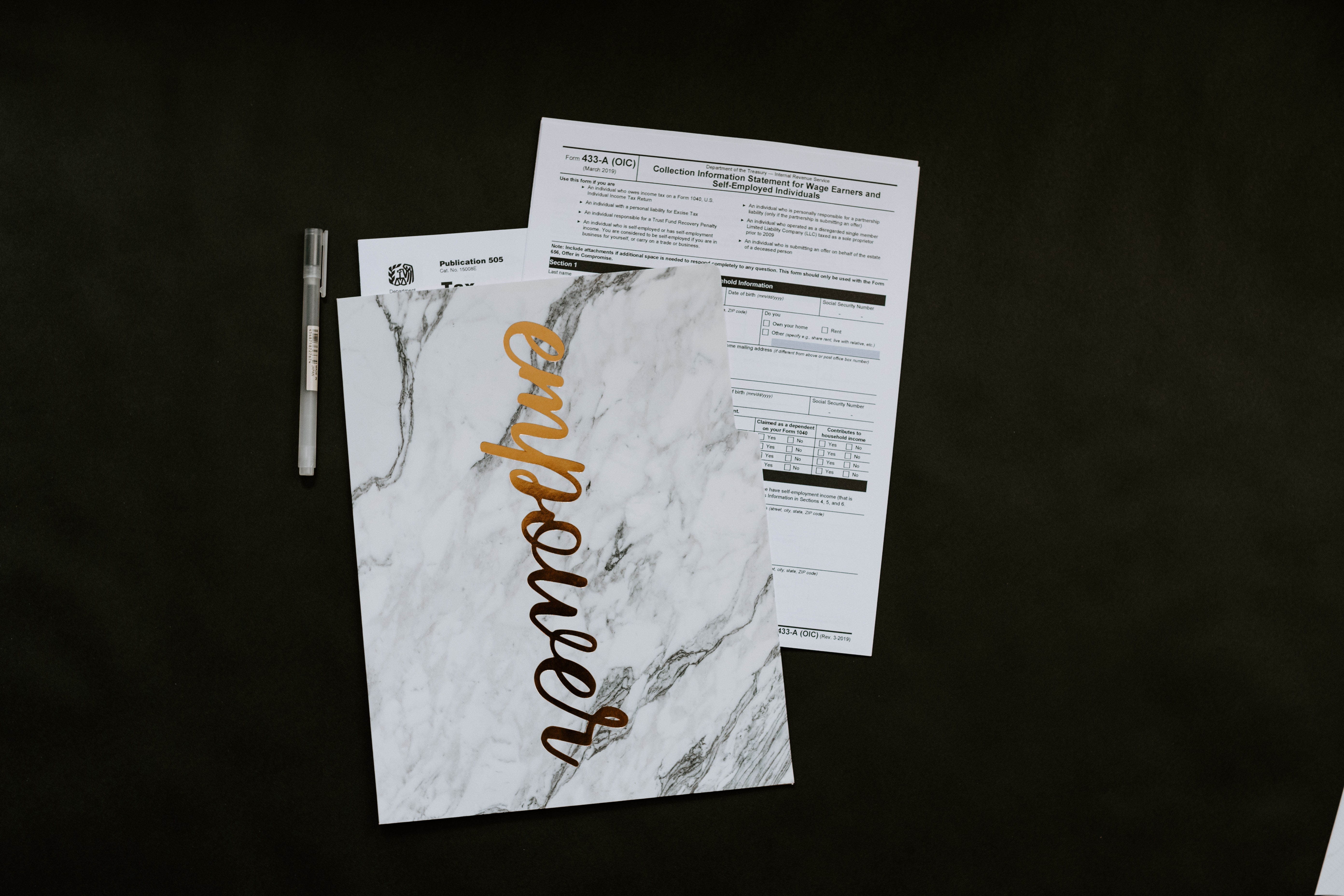The idiot’s guide to IR35 – get set for 2020
Paying income tax and getting your head around the latest piece of IR35 legislation is about as exciting as watching paint dry. But since you’re here, we’re going to guide you through this pesky IR35 business for once and for all.
We’ll talk about what IR35 is, what it means for businesses and freelancers and what you need to know before April 2020.
Let’s get cracking.
What is IR35?

IR35 is a set of tax laws designed to figure out whether a self-employed worker is genuine or cheating the system. It has been around since the year 2000 and is designed to tackle tax dodgers.
For example, let’s say someone works for an organisation as a freelancer but has the same hours and duties as a full-time employee. IR35 may class them as a “disguised employee” and launch an investigation. They will do this to determine whether the freelancer is paying the correct amount of tax or breaking the rules.
What is a disguised employee?

A self-employed worker who has the same responsibilities as a current employee but is not making the same income tax contributions or reaping the rewards of permanent employment.
In this situation, the organisation is also at fault as the disguised employee wouldn’t be receiving the usual benefits such as national insurance, pension contributions, holiday or sick pay. The organisation would essentially have all the benefits of a full-time employee, but no monetary responsibilities aside from paying the workers wage. Naturally HRMC doesn’t like this.
If both the organisation and disguised employee are found to be breaking the rules, each party will have to make amends. The organisation would have to deduct national insurance and income tax from the disguised employee and the disguised employee would have to pay higher amounts of tax. That’s assuming there won’t be penalties on top for breaking the rules.
Who is responsible for deciding IR35 status?
In the private sector, it’s currently up to the self-employed worker to determine whether or not they are IR35 compliant, but the rules are changing. As of April 2020, the responsibility will shift to the private sector company to determine the IR35 status of those who work for them but are not ’employed’.
This means that organisations will have to dedicate time, resources and money towards ensuring they are compliant.
Why is IR35 important?

It’s important to understand IR35 so that you stay on the right side of the law and don’t fall foul of a complicated IR35 investigation.
If HMRC has a reason to suspect that you are paying the wrong amount of tax, they can launch an investigation. This could result in hefty fines and stress. HMRC expect to lose £1.2 billion by 2023 to disguised employment, so they are on a mission to crack down.
A common concern for organisations is that if they decide their self-employed worker is actually an employee, they are worried HMRC may come after them. Suddenly, all those past tax and national insurance contributions may come under fire. This of course is dependent on the individual situation and will be judged on a case by case basis.
How do you find out if you fall inside or outside IR35?

IR35 can apply to anybody who works via a limited or personal service company to provide a client or organisation with a service.
If the worker is deemed to be self-employed, they will fall outside of IR35 requirements. However, if they are deemed to be a more permanent fixture, they will have to pay the same taxes as a regular employee.
Now here comes the tricky part; deciding whether or not the worker is an employee or a self-employed worker. This is where the lines get blurred as there are lots of factors and the answer isn’t always black and white. Here are some things to consider:
-
Control and supervision
Does the worker have control over where they do their work, how they do it and when they do it? If the answer is yes then they are generally considered a self-employed contractor, not an employee.
-
Is the worker irreplaceable?
One of the deciding factors on whether or not a worker is a self-employed contractor or an employee is substitution. For instance, if they aren’t available to do the work, can it be done by someone else? If it is only the self-employed contractor who can do the work then IR35 might argue that they’re an employee.
-
What is the nature of the relationship?
Essentially, how involved is the worker in the business? For instance, do they have a picture and biography of them under the Meet the Team section? For an IR35 inspector this would suggest employee status rather than self-employed contractor.
-
Working hours and pay regularity
The nature of being self-employed means you can pick and choose which hours you do. However, if a worker is putting in the same amount of hours for a company each week and receiving regular pay then HMRC may deem them an employee.
What are the penalties of not complying with IR35?

HMRC take non-compliance very seriously and could hit workers with a huge tax bill. For instance, they are entitled to request 100% of unpaid taxes in this situation. They can also charge interest on top of the taxes to make an example of the worker.
If the worker is a genuine freelancer or self-employed contractor, there’s nothing to worry about. Determining this is not always crystal clear.
How common are IR35 investigations?
An article published by IT Contractor in 2015 joked that contractors are more likely to win the lottery than be investigated by IR35. Thus, suggesting that it is not impossible, but very unlikely. Back in 2014, just 23 freelancers were being investigated for IR35 misconduct.
Fast forward 4 years and we’re guessing HMRC have stepped up their game. Former UK Chancellor, Phillip Hammond announced in 2018 that the Autumn Budget would be used to clamp down on workers who claim to be self-employed but are really full-time employees. This announcement followed suspicion from The Treasury that 1/3 of contractors using personal service companies are disguised employees.
Searching the internet, this writer has been unable to find an exact figure of how many IR35 investigations take place each year. Regardless, ask yourself the question: is it worth risking it for a chocolate biscuit?
When does the new IR35 legislation take effect?

The new IR35 legislation will take effect in April 2020.
Did you find this article useful? Check out our Complete Brexit Guide for Freelancers and Small Businesses.


![Business Survey 2022 [Infographic]](https://www.peopleperhour.com/discover/wp-content/uploads/2022/01/PeoplePerHour-business-survey-2022-432x243.jpg)
